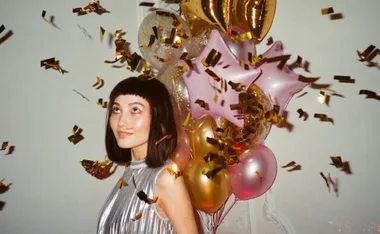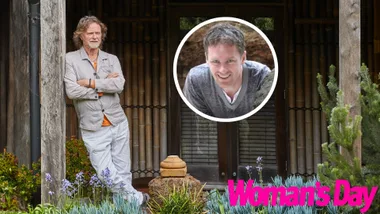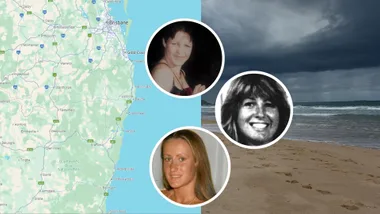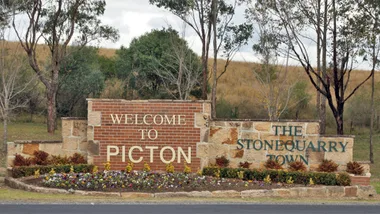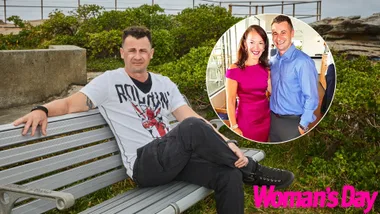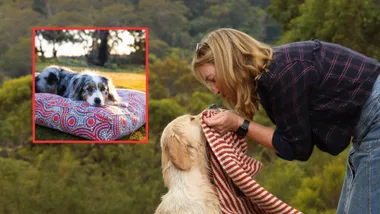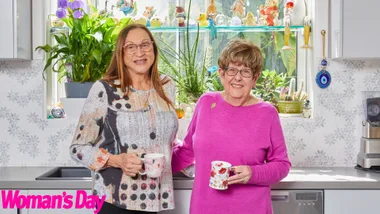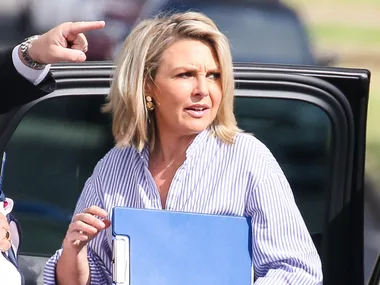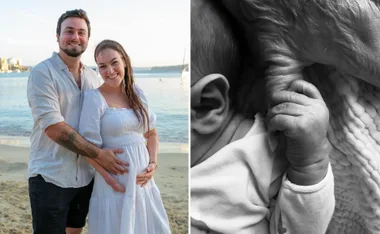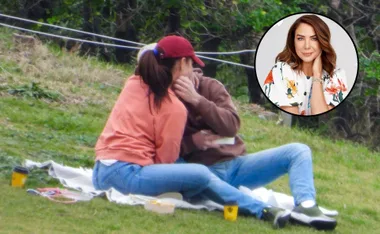IT is the shoes. The tiny little shoes, laced onto his small feet.
It’s also the way he seems to be resting, with his sweet little bottom in the air.
It’s the way his pants are padded, maybe with a nappy, and the way his hands and arms are limp and dimpled, by his sides.
It’s the way his face is turned ever-so-slightly to the side; it’s the way his eyes are closed, like he’s dreaming, maybe of trains, maybe of Spiderman; maybe of Ben 10.
It’s the fact that we know he isn’t dreaming. The little boy – Aylan – is dead. He drowned on a boat with his brother, Galip, whose body washed up a little further along the beach.
Galip was five. They were trying to escape the war in Syria.
This photograph of Aylan laying dead, but in the pose of a child in a deep sleep, started spreading across the internet in the dead of the Australian night.

The Europeans saw it first; at least one British newspaper – the Independent – put the image (no words, for there are no words) on its front page.
Now the image has reached Australia, and many Australians have found themselves jolted, violently, awake.
Awake to the horror of a toddler in sweet shoes and padded shorts, drowned on a beach.
Awake to the horror of the war in Syria, and what it has meant for Europe.
Awake to stories of desperate parents shoving their children aboard boats to try to find a new home for them.
Awake to images of refugees in their thousands – men, women and children – swarming onto railway platforms in Hungary, demanding to be let aboard trains that might carry them to safety; and of being turned back, or turned away, or locked out, or hit with shields and tear gas.
Awake to reports of the Channel Tunnel – the main link between England and France – being closed, because migrants are running all over the tracks, determined to walk through the oceans to London, if that’s what it takes.
Awake to stories of mostly-white, business-class passengers aboard those trains putting their heads in their hands and softly weeping as the guards order them to be silent, as they listen for the sounds of refugees on the roof.
This is the reality of the refugee crisis around the world.
It’s tens of thousands – actually, hundreds of thousands, depending on when you start counting – of people on the move, by foot, by rail, by road, by boat, trying to escape the killing squads in Syria; and war in Afghanistan and Iraq.
It’s refugees being suffocated and left to rot in the backs of trucks; it’s authorities being alerted to that horror – which was last week’s horror – by the smell of decaying bodies, dripping onto the road.
Nothing has hit home quite like the image of this little boy, however.
Many people on Facebook, on Twitter, on our own website, are appalled by this image of this little boy, drowned, and are demanding that it not be shown; that it be taken down, or hidden.
Why? Because that little boy – Aylan – looks like one of us. Not one of them, but one of us.
Aylan looks like our toddlers look when we put them down to sleep. Look at his face! It could be settled into a pillow, and not into soft, wet sand.
He looks like all the little boys we have grown up to adore: boys that are made of snips and snails and puppy dog tails; boys who sit cross-legged in the front of their kindergarten class, with their hands straight up, trying to get the teacher’s attention; like the boys we see sitting in supermarket trolleys, pestering Mum to buy a KinderSurprise; like boys who fish with sticks over ponds, who travel at speed down hills in home made Go-Karts; who go to bed and fall asleep clutching toys, and refusing to take off their brand new shoes.
He looks like us. Like ours. Which he is. Aylan is human, and so are we, and this is a human problem, and therefore our problem. It’s not easy to look but we can’t turn away.

